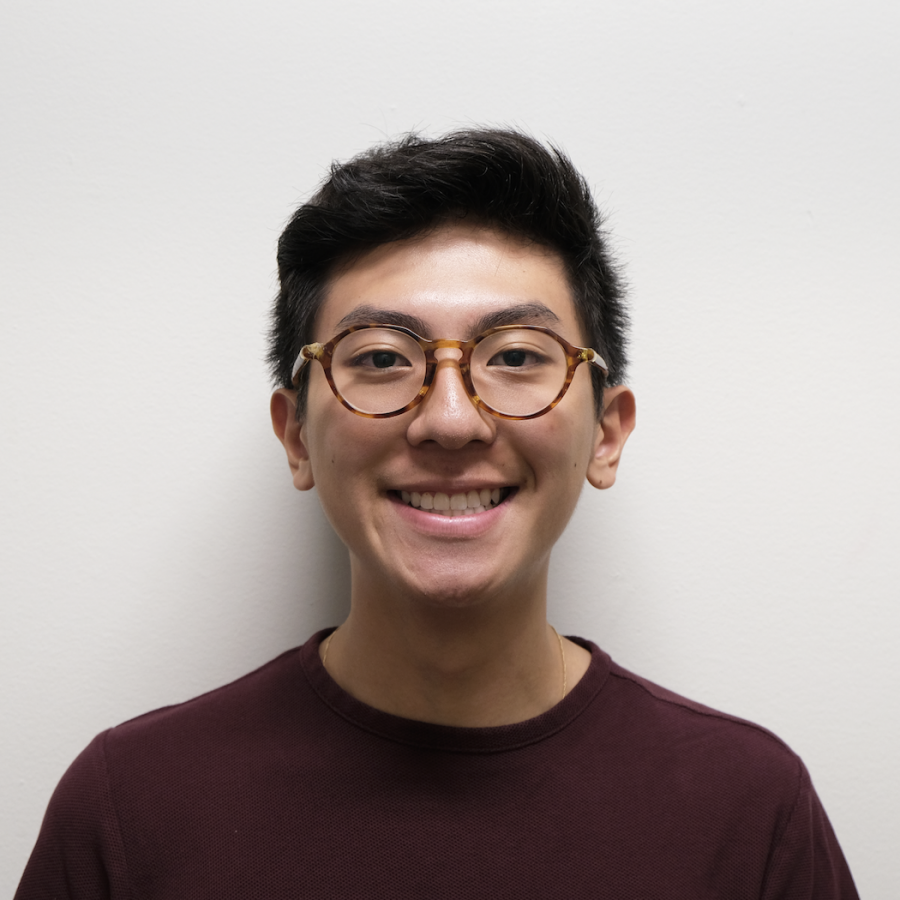Growing up Japanese-Brazilian, people always asked me, “What type of food do you eat?” I usually replied, “Imagine meat, rice and beans, except the rice is Japanese.” I always believed that my intersectional identity was adaptable — that because I was both Asian and Latino, I had the ability to adapt to any scenario.
After coming to New York City, I realized I was wrong. I, like many other first-years, felt a wave of independence and opportunity as I lugged my 20-pound suitcases toward my dorm. As my first month comes to an end, my college experience has changed my perspective toward academia, extracurriculars and social life.
In high school, my friends used to tell me that college was so much easier than high school and that freedom would allow me to mature into an adult. Although my school schedule is no longer 7:45 a.m. – 3 p.m., the extracurriculars I take part in result in less free time and an abundance of late study nights. I have somewhat fallen back into my old high school habits; nothing has changed besides the fact that I no longer eat my mom’s cooking.
Undergoing a transitional experience like living with roommates instead of family pushes you to grow up fast. As thrilling as that may sound, my cultural lens has left me emotionally confused and overwhelmed by the independence given to a first-year.
My parents didn’t move out until almost a decade after they graduated from college. Most of their friends and relatives experienced a similar situation. In Japanese-Brazilian culture, the mixture of Asian and Latino values leave children prioritizing their family while also staying at home until as late as marriage.
As a first-generation American, the idea of being thrown into the real world amplifies my stress, especially since my new home is Manhattan. My friends here at NYU assume that I’m just homesick, but I see this as culture shock; my family has never had to confront the idea of leaving home at 18.
I understand that as mature as I am in the eyes of my university, I also realize how young I am to be given this amount of independence. The rush to grow up fast could draw one to live in New York, but at times I see this as more of a liability than an asset.
I no longer have anyone telling me what to do, and my life decisions are completely contingent on me. The privilege of living under my parents’ wing has left me with roadblocks on time management, organization and prioritization of academics. By growing up in a culture where my parents have essentially done everything for me — from bringing me cut-up fruit to driving me everywhere I needed to go — being immediately put in this position of independence has created more counterproductivity than transitional maturing.
When incoming first-years adjust to NYU, our first experiences of Welcome Week and first semester classes can vary drastically. The question isn’t about how long it will take to settle in; it’s how cultural upbringings leave some students less prepared for university life.
Opinions expressed on the editorial pages are not necessarily those of WSN, and our publication of opinions is not an endorsement of them.
Email Kenzo Kimura at [email protected].






















































































































































